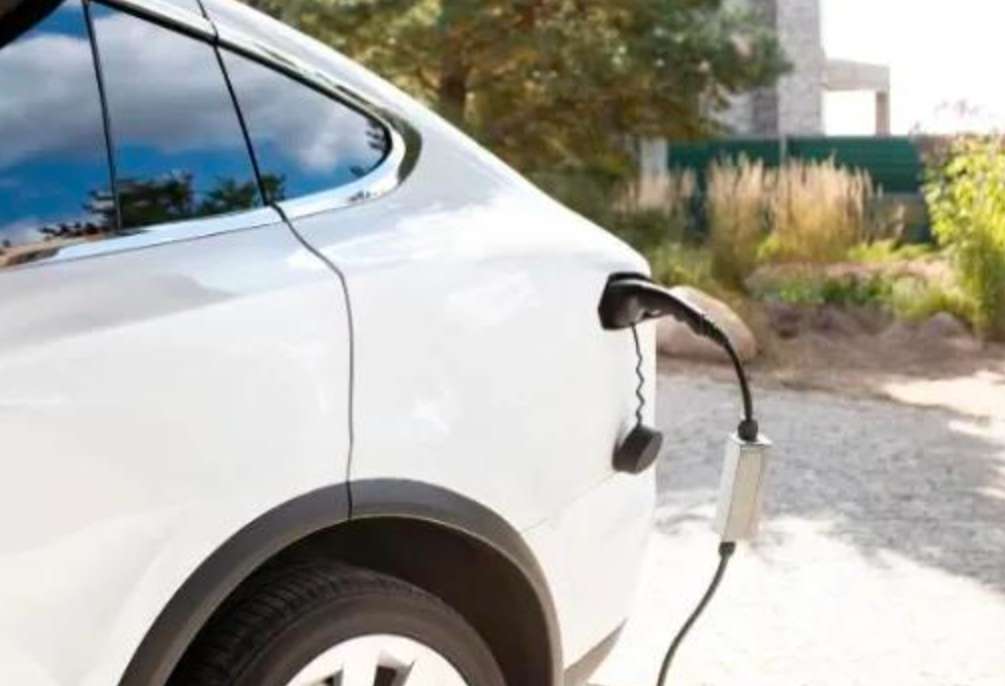NIO's Future Depends on Product Strength
Advertisements
The automotive industry is witnessing a significant shift, as new players enter the market, specifically electric vehicle manufacturers. NIO, a renowned Chinese electric car maker, finds itself amidst this fierce competition from established automotive giants and emerging startups. The challenge for NIO lies in its ability to create distinctive product offerings that resonate with consumers and ultimately boost sales. This ongoing battle for market supremacy underscores the complexities and uncertainties surrounding NIO's future.
Recently, NIO has made headlines yet again, but this time, not for the innovation or accolades it usually garners. Instead, the company is facing scrutiny due to a series of unfortunate events that have raised eyebrows among investors and industry watchers. The first incident involved a test vehicle apparently getting into an accident, closely followed by allegations from a prominent short-selling firm, Grizzly Research, accusing the company of financial manipulation.
The investigation into the accident involving the NIO test vehicle has not yet concluded. Consequently, it would be premature to speculate on the implications of this event. Instead, the focus here centers on NIO's financial integrity and the trends illustrated by its financial disclosures. In light of the claims made by Grizzly Research, we must delve into whether NIO has indeed inflated its revenue and profit margins—or if these allegations stem from misinterpretations of the company's operations.
Grizzly Research's report, published on June 28, focused on NIO's use of its Battery as a Service (BaaS) model and its joint venture, Wuhan Weaning Battery Asset Co., Ltd. (Wuhan Weaning), suggesting that these relationships have led to artificially inflated revenue and net profit margins. The report, however, contained several other pointed allegations—including concerns regarding founder Li Bin's financial maneuvers involving a trust fund and its connections to the Luckin Coffee scandal. However, amidst these serious accusations, insights into NIO’s financial positioning merit a clearer examination.

It is essential to clarify that Wuhan Weaning is not a direct subsidiary of NIO. Public records indicate that NIO owns a 19.8% stake in Wuhan Weaning, which according to accounting standards, permits NIO to record sales to Wuhan Weaning as revenue. This relationship is comparable to traditional automotive firms that maintain financial arms that help facilitate vehicle transactions. NIO’s practice of recognizing revenue seems to align with conventional methods employed across the automotive industry—indicating an inherent inconsistency in labeling such transactions as fraudulent.
Furthermore, the short-selling firm overlooks the complexities of ownership among Wuhan Weaning's shareholders, implying that NIO possesses unilateral control over the joint venture, which is a sweeping assertion without adequate supporting evidence. Each shareholder, by virtue of their investment motivations, brings their interests into the mix, complicating any attempts to engineer misleading financial transactions solely benefitting NIO.
Claims regarding excess battery procurement by Wuhan Weaning are another focal point of Grizzly Research's allegations. The report suggests that NIO excessively sold batteries to Wuhan Weaning, inflating revenue figures. While Grizzly notes that as of September 2021, NIO sold 40,000 batteries, this figure needs context. For instance, as reported by the Shanghai Stock Exchange, Wuhan Weaning issued asset-backed securities (ABS) that accounted for only 19,000 of these batteries, leading to questions regarding their interpretation of NIO's sales.
To illustrate, Wuhan Weaning recently succeeded in issuing the first green ABN in China focused on battery assets, demonstrating that the company's operational practices are far more intricate than a mere accusation of excess procurement would imply. The assumption that NIO has overstated sales by means of inflated transactions warrants a close examination of the entire order book, including potential orders beyond the 19,000 cited.
Reviewing NIO’s financial statements, it becomes apparent that, contrary to Grizzly's assertions, its investment in Wuhan Weaning is yielding positive returns. From 2021 onwards, NIO's reported equity investments in Wuhan Weaning have consistently shown positive earnings—a testament refuting the claim that the joint venture operates at a loss due to exaggerated purchases of NIO batteries.
Despite the undermining of Grizzly's claims by a lack of substantial evidence, NIO's stock nonetheless experienced a dip following these allegations. This raises critical questions about market perceptions and whether the company's valuation had previously reached inflated levels before these accusations surfaced.
As we sift through NIO's financial reports, a more nuanced portrait emerges concerning its operational capabilities. The company boasts robust financial assets, including substantial cash reserves and investments, indicating it is well-positioned to sustain operations. However, concerning trends surface within NIO's revenue growth and gross profit margins, showing signs of a slowdown, particularly in Q1 2022, raising alarms about its profitability.
The crux of NIO's challenges lies in its need to cultivate product strength and maintain competitive viability. Sales data for 2022 reveals that NIO delivered 37,866 vehicles in the first five months, slightly trailing behind the previous year—a concerning trend when juxtaposed against the substantial growth seen across the Chinese electric vehicle market, which reported a 119.5% increase. NIO's declining growth rate signifies an urgent call for product-driven innovation, particularly in light of its competitors, who are exhibiting accelerated growth trajectories.
As we observe the competitive landscape, it becomes increasingly clear that NIO's position may be fragile amidst market shifts. The firm must adeptly navigate the dual pressures of innovation and consumer preferences while countering the growth of rival brands such as Xpeng and Nezha, both of whom have achieved significant market recognition.
On June 15, 2022, NIO organized a product launch event showcasing new model ranges, including the ES7, ES8, and ES6, alongside their advanced Alder smart system. The success of these new products will be paramount in determining whether NIO can regain the momentum needed to strengthen its revenue flows and better position itself for the future.